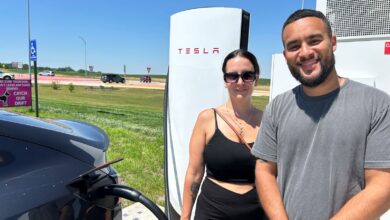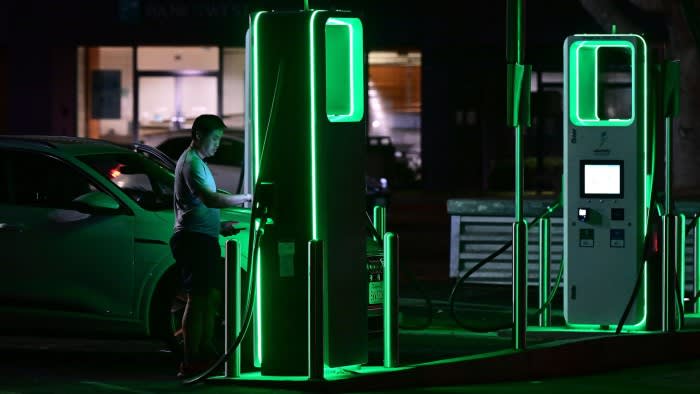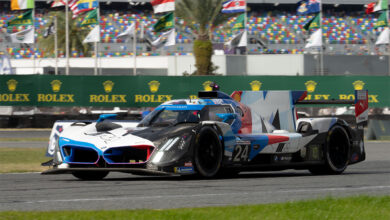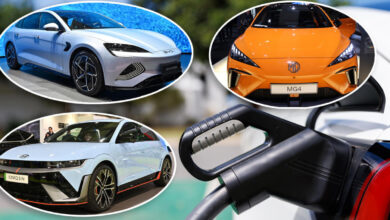Youngkin says Virginia will exit California electric vehicle mandate
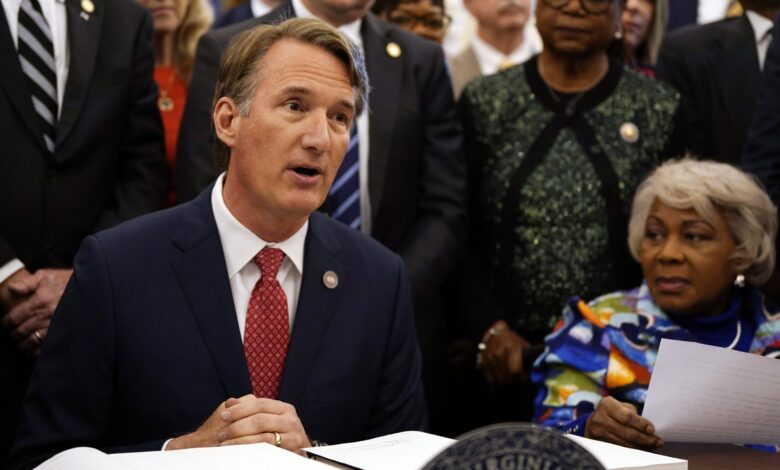
Gov. Glenn Youngkin (R-VA) said Wednesday that Virginia will halt its participation in the California electric vehicle mandate program at the end of the year, describing it as harmful to businesses in the state and allowing outside officials to dictate policy.
“The idea that the government should tell people what kind of car they can or can’t purchase is fundamentally wrong,” Youngkin said. “Virginians deserve the freedom to choose which vehicles best fit the needs of their families and businesses.”
Youngkin cited a decision from Virginia Attorney General Jason Miyares that said Virginia is not required to comply with the rules beyond 2024 when the current iteration of the program expires and a new, stricter version comes into force.
“Once again, Virginia is declaring independence, this time from a misguided electric vehicle mandate imposed by unelected leaders nearly 3,000 miles from the Commonwealth,” Youngkin said Wednesday.
Virginia’s General Assembly voted in 2021 to approve legislation adopting California’s Advanced Clean Cars I regulation under the Clean Air Act. In 2022, the California Air Resources Board adopted the Advanced Clean Cars II — standards with much more stringent electric vehicle sales targets.
ACC II, which takes effect in January 2025, requires zero-emission vehicles to make up at least 22% of all new car sales in participating states by the end of the year. That share increases to 100% by 2035.
Beginning next year, the mandate also imposes penalties on manufacturers that fail to meet the EV sales targets — which Youngkin said Wednesday could be as high as $20,000 per vehicle sold.
EVs currently account for just 9% of new car sales in Virginia, meaning that any penalty on manufacturers could cause significant economic harm. Youngkin said Wednesday that these costs would likely be passed on to car dealerships and consumers in the state.
CLICK HERE TO READ MORE FROM THE WASHINGTON EXAMINER
Eighteen U.S. states and territories have adopted the California standards, which are more rigid than emissions standards set by the federal government and often guide the manufacturing decisions of the nation’s largest automakers as they move toward electrification.
Youngkin’s announcement was praised Wednesday by American Petroleum Institute President Mike Sommers, who described ACC II as a “flawed policy” and one that “limits Americans’ ability to choose what vehicle best fits their needs, budget, and lifestyle.”
